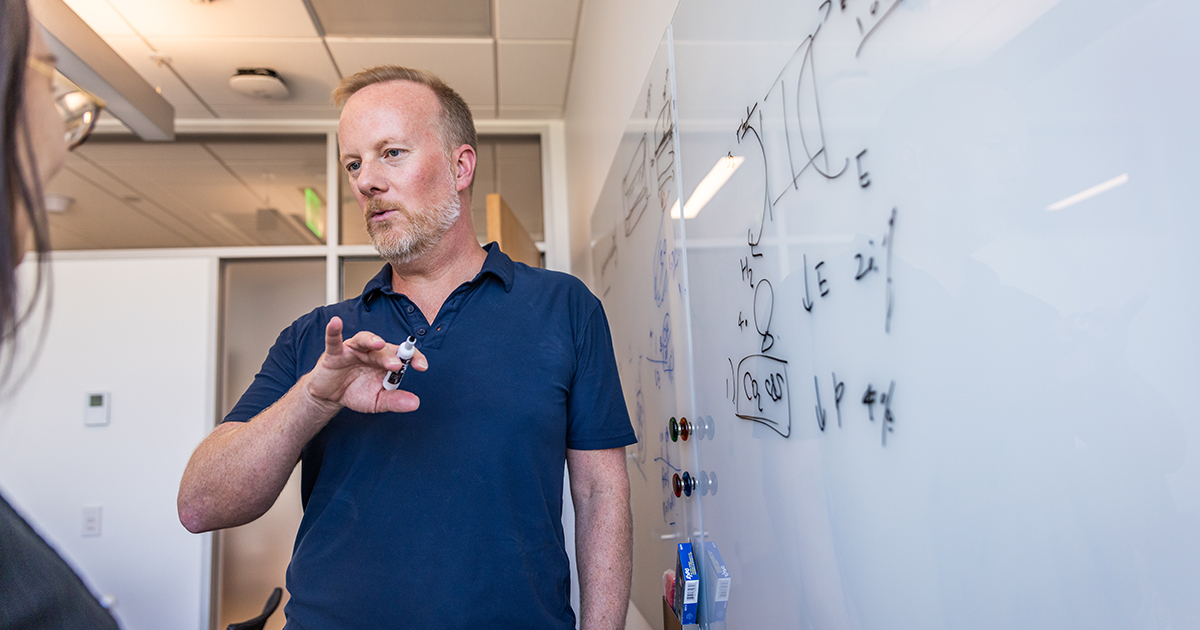In its first two years, the Acetate Consortium developed microbial strains that grow on 100 percent acetate and contain more than 40 percent protein. Pilot facilities were built at Aarhus University in Denmark to demonstrate acetate production, and key cost drivers such as electricity and infrastructure were identified.
With funding renewed through 2027, the consortium will now focus on scaling the technology and developing food prototypes for testing. The work will also include socio-economic and environmental modeling to evaluate the impact of the technology. New partners in food science, consumer behavior, and gastronomy will contribute expertise as the project enters this second phase.
“We need tangible solutions that can feed more people without putting pressure on our natural resources and enabling food production in areas that have very little or no agricultural land,” said Claus Felby, vice president for agri-food at the Novo Nordisk Foundation. “When the consortium began its work two years ago, making food derived from CO2 seemed like something taken from a science fiction movie. Within the next two years, we can expect to see actual prototypes of food products that will be tested by consumers. The collaboration in the consortium is a good example of what we can achieve with biosolutions when researchers and companies combine their strengths and work towards a clear common goal.”
Along with Northwestern, the consortium partners are:
- Topsoe A/S
- Novonesis A/S
- Orkla A/S
- Spora ApS
- Novo Nordisk Foundation CO₂ Research Center
- The Department of Biological and Chemical Engineering at Aarhus University
- The Department of Food Science at the University of Copenhagen
- The Department of Food and Resource Economy at the University of Copenhagen
- Copenhagen Process ApS
The renewed initiative includes funding of up to $25.7 million over two years. The Gates Foundation and the Novo Nordisk Foundation are providing equal support. The Gates Foundation is funding activities at Northwestern, Novonesis A/S, and Copenhagen Process ApS; while the Novo Nordisk Foundation is funding the remaining partners.
Established in Denmark in 1924, the Novo Nordisk Foundation is an enterprise foundation with philanthropic objectives. The Foundation’s vision is to improve people’s health and the sustainability of society and the planet. Its mission is to progress research and innovation in the prevention and treatment of cardiometabolic and infectious diseases as well as to advance knowledge and solutions to support a green transformation of society.
The Gates Foundation works to help all people lead healthy, productive lives. In developing countries, the foundation works with partners to create impactful solutions so that people can take charge of their futures and achieve their full potential. In the United States, the foundation aims to ensure that everyone—especially those with the fewest resources—has access to the opportunities needed to succeed in school and life.
